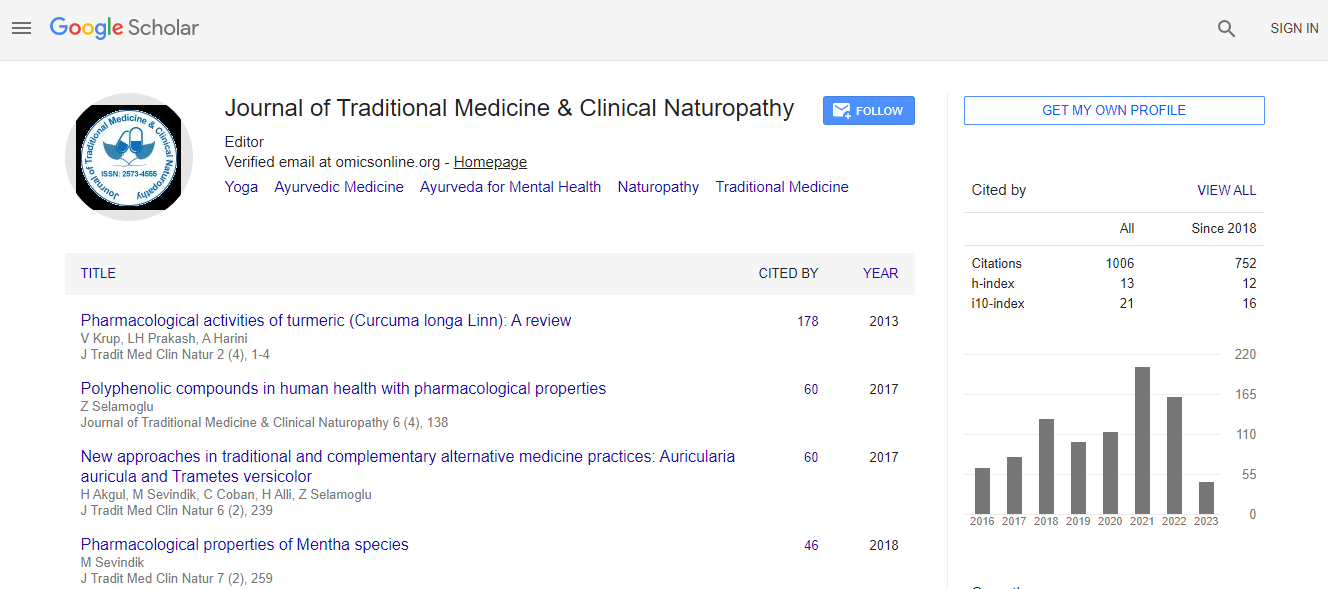An Ayurvedic Herbal Extract Inhibits Streptococcus mutans Biofilm Formation and Disrupts Preformed Biofilms in vitro
*Corresponding Author: Ana M Chang, Department of Periodontics, University of Washington, Seattle, WA, USA, Email: ana216@uw.edu
Copyright: © 2020 . This is an open-access article distributed under the terms of the Creative Commons Attribution License, which permits unrestricted use, distribution, and reproduction in any medium, provided the original author and source are credited.
Abstract
Objective: Sudantha® (SUD), a natural proprietary mixture of herbal extracts that has been incorporated into toothpaste, has been shown in two separate placebo controlled human clinical studies to promote gingival health; and reduce gingival bleeding and plaque formation. However, the herbal based anti-gingivitis mechanisms of Sudantha are not fully understood. The objective of this study was to determine the effect of Sudantha on dental plaque biofilms by investigating its effect on mono-culture biofilms of a primary colonizer, Streptococcus mutans , in vitro.
Results: This study found that SUD contributes to the maintenance of oral health through the inhibition of S. mutans biofilm formation. In addition, SUD disrupted preformed S. mutans biofilms after exposure to SUD for 4 hours. Together, this pilot data suggests the inhibition of biofilm formation and disruption represents S. mutans one potential mechanism by which the herbal extract is able to reduce the oral bacterial biofilm resulting in its effective against gingivitis and its potential use in countering biofilm associated oral disease.

 Spanish
Spanish  Chinese
Chinese  Russian
Russian  German
German  French
French  Japanese
Japanese  Portuguese
Portuguese  Hindi
Hindi 
